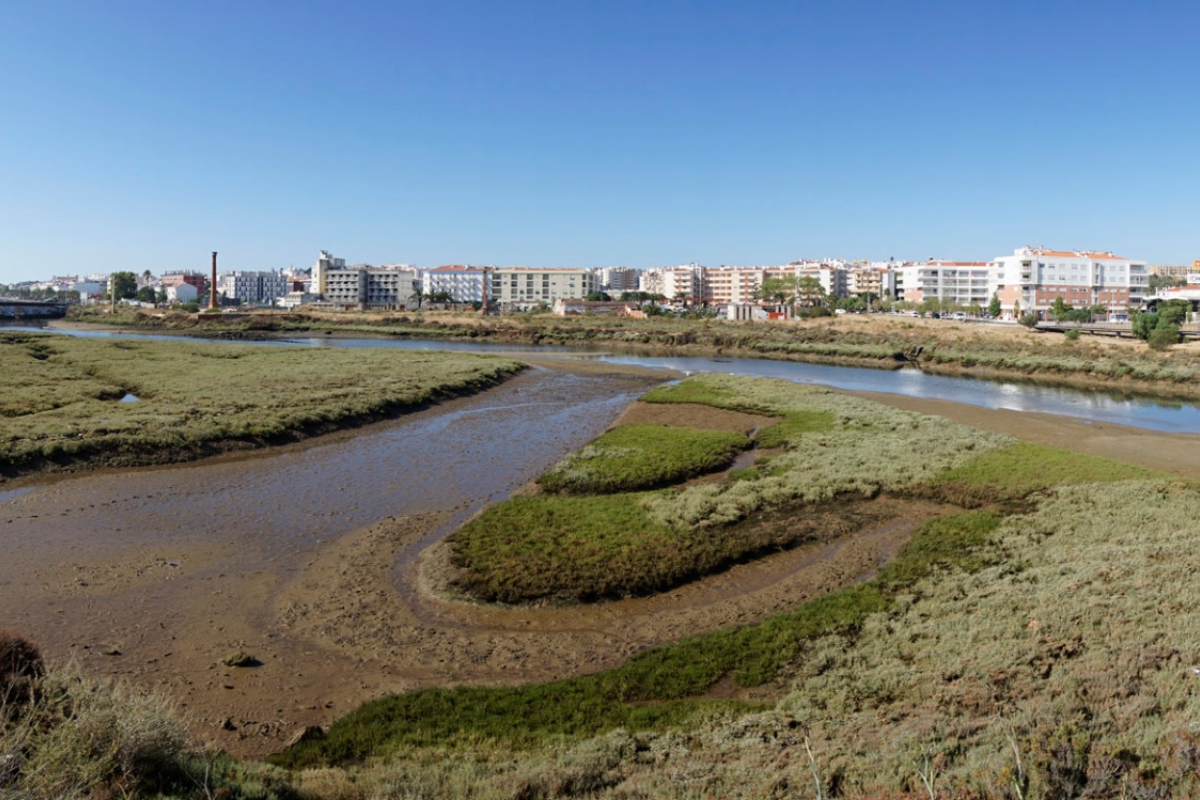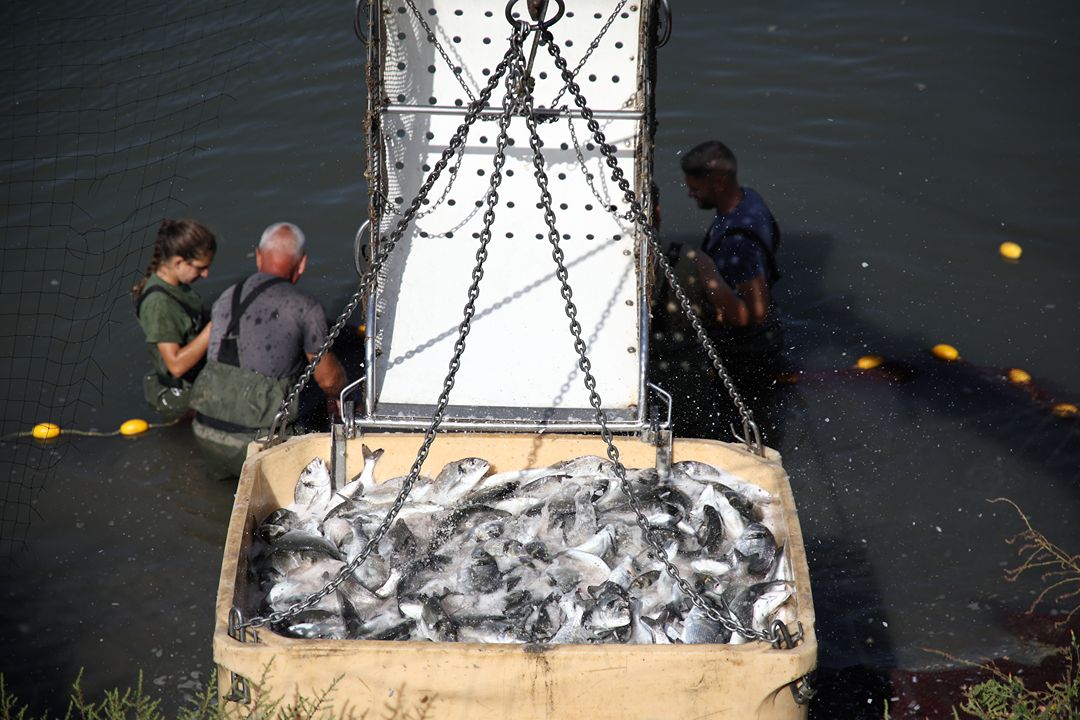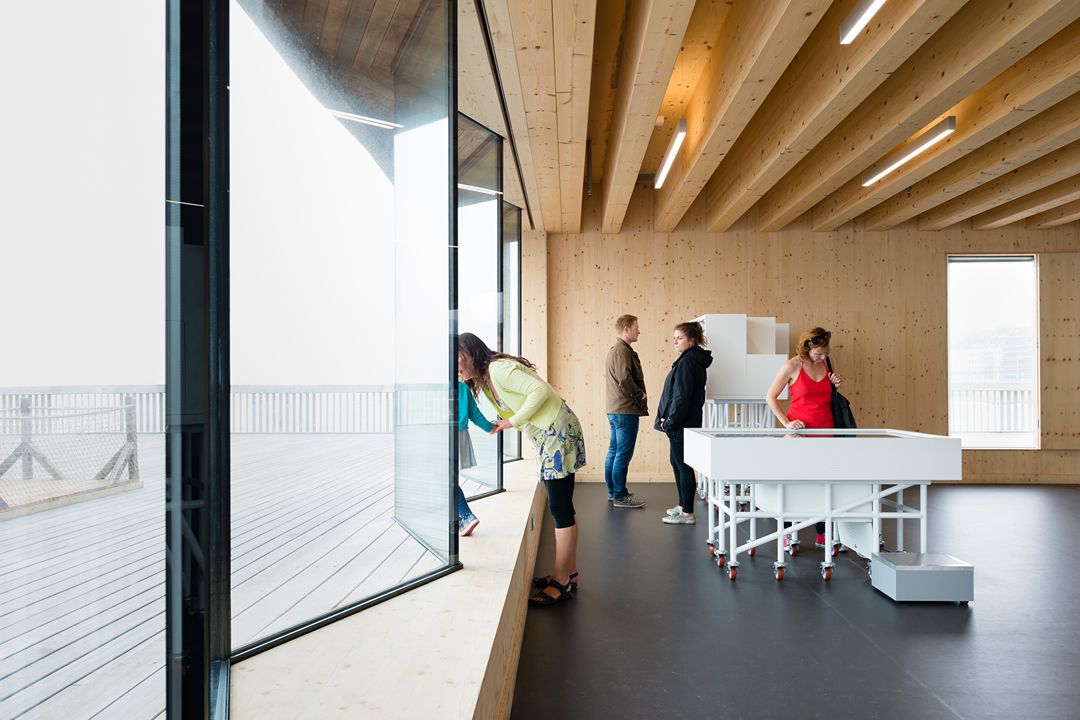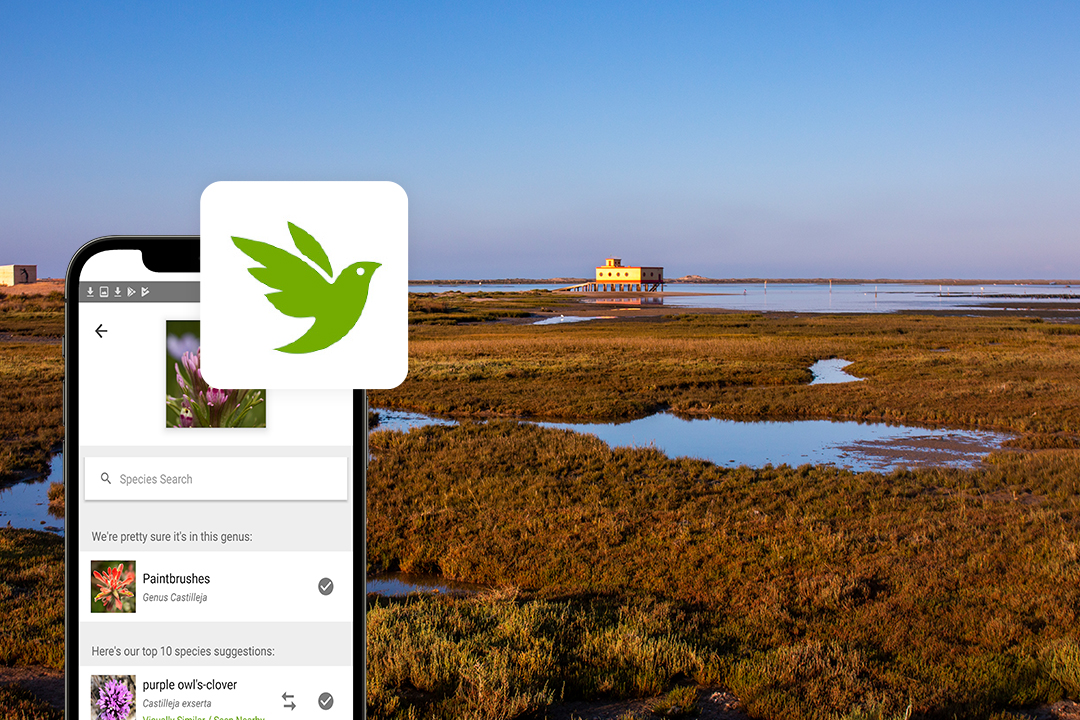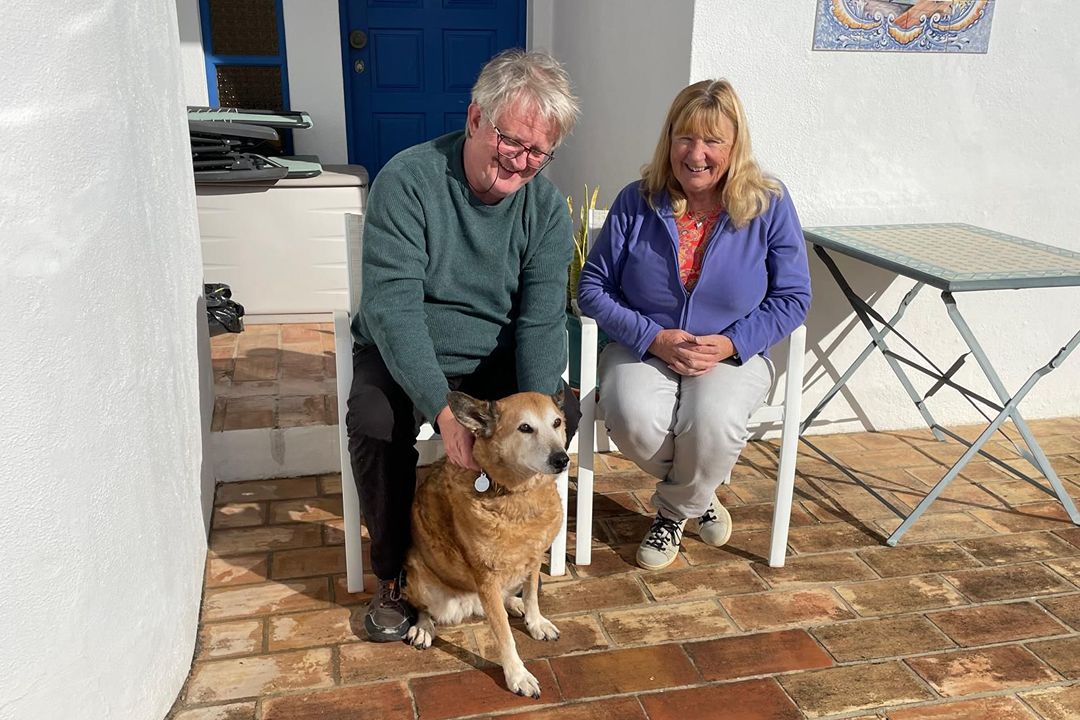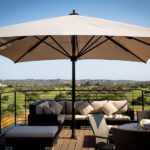On the day of the great Iberian power outage, solar system installer Iain Garner explained how he received two types of messages.
“There were the ‘wey-hey – aren’t we great – we’ve got energy and nobody else has’ messages from a lot of people who were very, very happy with the choices they made,” he said. “And I also got a lot of messages from people saying, ‘Why isn’t my solar working?’”
We didn’t message Iain on apagão day but were nevertheless very smug as we have a fully off-grid power system at our new eco-luxe tourism lodge in Odemira. The lights and fridges were on, the satellite internet was working as normal and, after years of planning and investment, of balancing which household items use the most power, and of nervous moments during days of rain, we celebrated for about 16 hours.



Being off-grid wasn’t a lifestyle choice, it was just how the property came when we bought it in 2018. The power lines are a long way from our monte and we realised that the high cost of joining the grid through a transformer and kilometres of cables would fall on us, and we’d still have to pay for our power.
So when we upgraded from a small and simple household solar system of panels, inverter and batteries to providing electricity around the clock for 20 or more guests, we spent our money on 84 panels, 80 kWh of batteries and a three-phase local grid.
The thinking was to have one very expensive electrical bill, and then many years of no electrical bills at all … and the satisfaction of generating all our own power.

Off-grid power systems have become much more affordable in recent years and there’s been a huge surge of uptake – especially in the more remote rural locations.
But many people living in cities with a good grid connection have also joined the solar rush and opted to keep their energy bills down by buying panels and even backup batteries.
It was these people who phoned Iain after going from smug to confused when the systems they had installed didn’t come on when the grid went down. Jeff Pender is an American who moved to Lisbon a few years ago with his wife Kerri. They bought six solar panels and a couple of batteries for exactly this kind of eventuality and, linked to the grid, they could reduce their bills and sell back excess energy.
“We thought we would be well protected from power outages, but I was left scratching my head wondering why it didn’t work,” he said. “I automatically assumed I would have power in times of outage with either the sun or with my batteries.”
It’s an assumption a lot of people made. “Inverters take the direct current (DC) power from the solar panels and invert it into AC and they inject it into the grid,” explained Iain Garner. “Those devices require a stable grid to connect to … and without a public grid in place these inverters cannot function.”
“If you’re not able to ditch the energy you produce into the public grid, you can only put it in your batteries. If your batteries are full and you can’t turn the energy off, then you’ve got a bit of a problem.”
There is a work-around which requires investment in an inverter which can communicate with the batteries and turn the incoming power off when they’re full.
Iain’s company Solar Algarve is dealing with a lot of inquiries – sometimes the solution is a few extra panels and a separate DC-based system.

“You might be reducing your bills, but you’re not really giving yourself any energy security and a lot of people just don’t realise that,” said Iain.
Meanwhile, Jeff Pender is wondering whether his system is worth having at all, as he receives so little money back from selling his electricity to the grid. “If I buy electricity for one euro, I only get 30c when I sell it back. I make maybe €10 a month for half the year. I have to go on the finance portal every month to report it and then pay tax. It’s not worth the hassle.”
National grids require stability and predictability, and, with all the large commercial solar farms now providing many gigawatts of power, they have less interest in a few hundred watts filtering in from multiple, unpredictable, scattered household systems.
While the exact cause of the blackout is still being investigated, a reliance on so much renewable energy is certainly a major factor according to Swiss national Niels Ulmer now living in Vila Nova de Milfontes. Niels worked as a consultant for SwissGrid power company. He stopped selling his renewable energy back to the grid and now uses his excess power to heat water.

Niels considers the way people were encouraged to invest in panels and sell back power to the grid to have been “shady marketing” and believes so much renewable energy in the system will cause more power cuts in the future. “Overproduction of electricity is as bad as underproduction,” he explained using an analogy of a pipe full of water. “It needs to have exactly the same amount going in as coming out at the other end of the tube. It’s as important to provide the demand as it is for the supply. It comes down to planning and actual consumption.”
Without the pipe being full and the demand matching the supply, the whole system starts to wobble with frequency changing and then automatic shutoff systems activating to protect the equipment.
Niels explained that Spain has around 120 gigawatts (GW) of solar production capacity, but a peak demand of only around 30GW. He believes this mismatch shortly after midday in Spain – a time of maximum production – led to the system shutdown.
Other problems happening at the same time may also have had an impact and these are being investigated, but the nature of renewable energy is important to consider.
There is grid leading power production and grid following – or reactive power – which is the category solar and wind falls into. Iain Garner calls solar “a blunt instrument”.
Power stations with the inertia of turbines – either driven by gas or by water in the case of hydroelectric plants – can be ‘turned up’ or ‘turned down’ to adapt to fluctuations in the frequency of electricity and therefore can lead – or control – the grid.
Solar can produce massive surges up or down with the passing of a cloud, so it’s very difficult to accurately predict and plan production to match demand. With nearly 60% of Spain’s power generation being from renewables – and with more than 70% produced that way in Portugal – Niels Ulmer says it’s much harder to manage and will increasingly be a problem that needs to be solved.
He believes that when instability entered the grid system and the frequency couldn’t be moderated by an offline a gas-powered station, a cascade effect is likely to have crashed the grid and led to the sudden loss of 15GW of power – more than half Spain’s national demand.
So is the solution smaller community-level power generation grids? Is the building of massive solar farms and moving electricity around Europe on high voltage cables layering new technology onto unsuitable legacy systems?
“I genuinely think it’s a case of make do and amend: this is what we’ve got, how do we make it work?” said Iain Garner, who is more confident a technological work-around will be found – either through battery systems or automatic modulation.
“To think about replacing the basic architectural premise of a nation’s grid, let alone its interdependence with other countries, that’s generational scale investment.”
The surprise apagão was resolved relatively quickly and was a good warning to power companies and governments to put new procedures in place to prevent this from happening more regularly.
We eagerly await the results from the Spanish investigation.

Alastair Leithead is a former BBC foreign correspondent now living in Odemira, where he and his wife have just opened @vale_das_estrelas, or the Valley of the Stars eco-luxe lodge. He blogs at Off-Grid and OPEN in Portugal and podcasts Ana & Al’s Big Portuguese Wine Adventure in all the usual podcast places.
Main image: Vale das Estrelas eco-luxe lodge in Odemira runs entirely on solar power and borehole/rainwater systems © @ciajensen


